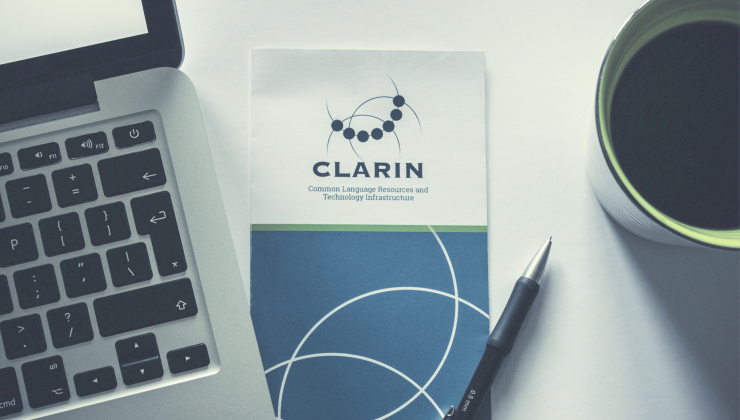Here you can find information about the infrastructure: what it stands for, its vision and strategy, and how it is governed. Learn more about the technology that forms the basis of the infrastructure, find all key documents in one place, or explore how to become a member.

CLARIN in a Nutshell
Find out what CLARIN is all about: Why language matters, and the importance of FAIR data and Open Science.
Explore

Vision & Strategy
Discover CLARIN's vision, mission and strategy that underpin all the infrastructure's plans and activities.
Explore

Governance
Here you can find out more about CLARIN's organisational structure and decision-making bodies.
Explore

CLARIN Technology
Get an overview of the technological principles that represent the foundation of the infrastructure.
Explore

Documents & Policies
This section hosts all important documents, such as annual reports, statutes and strategy overviews.
Explore

Joining CLARIN
Read more here about how to become a member or observer of the CLARIN network.
Explore